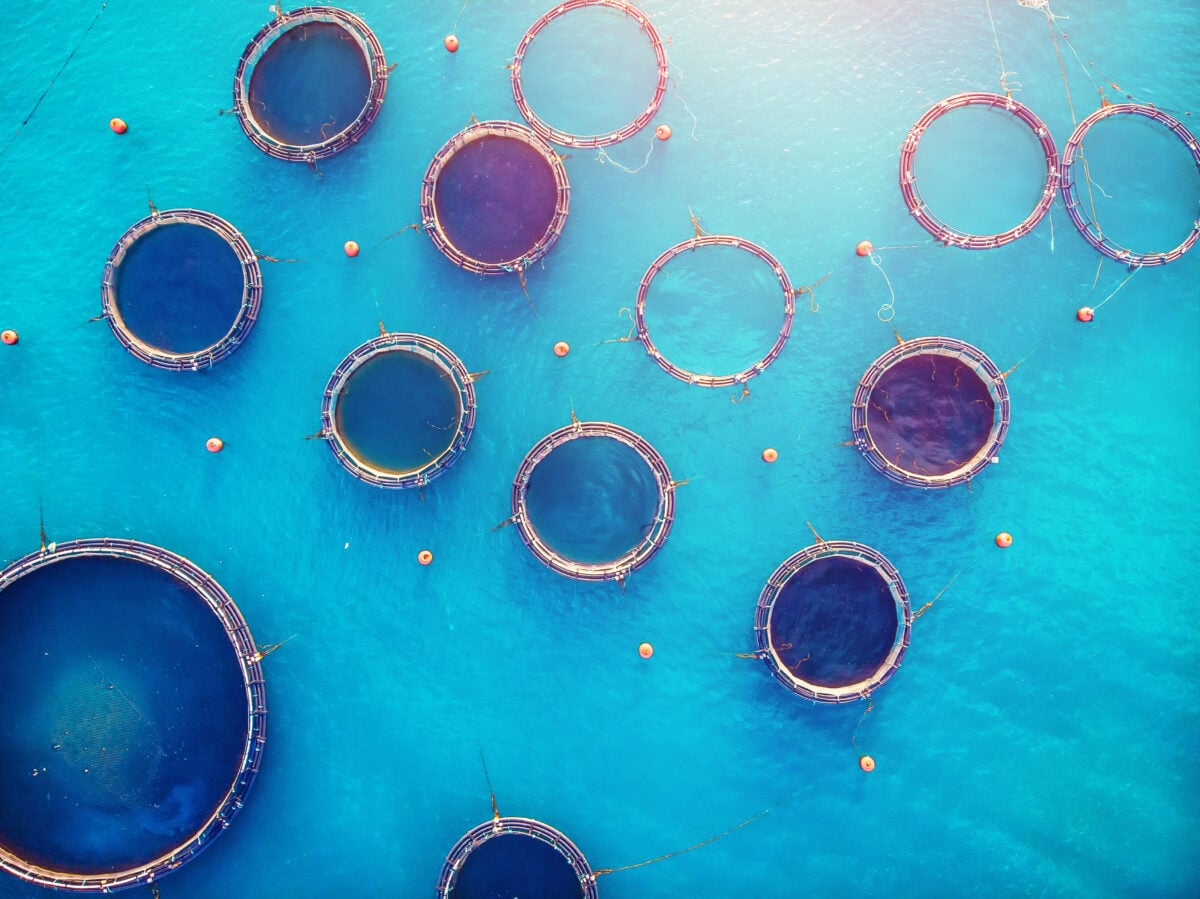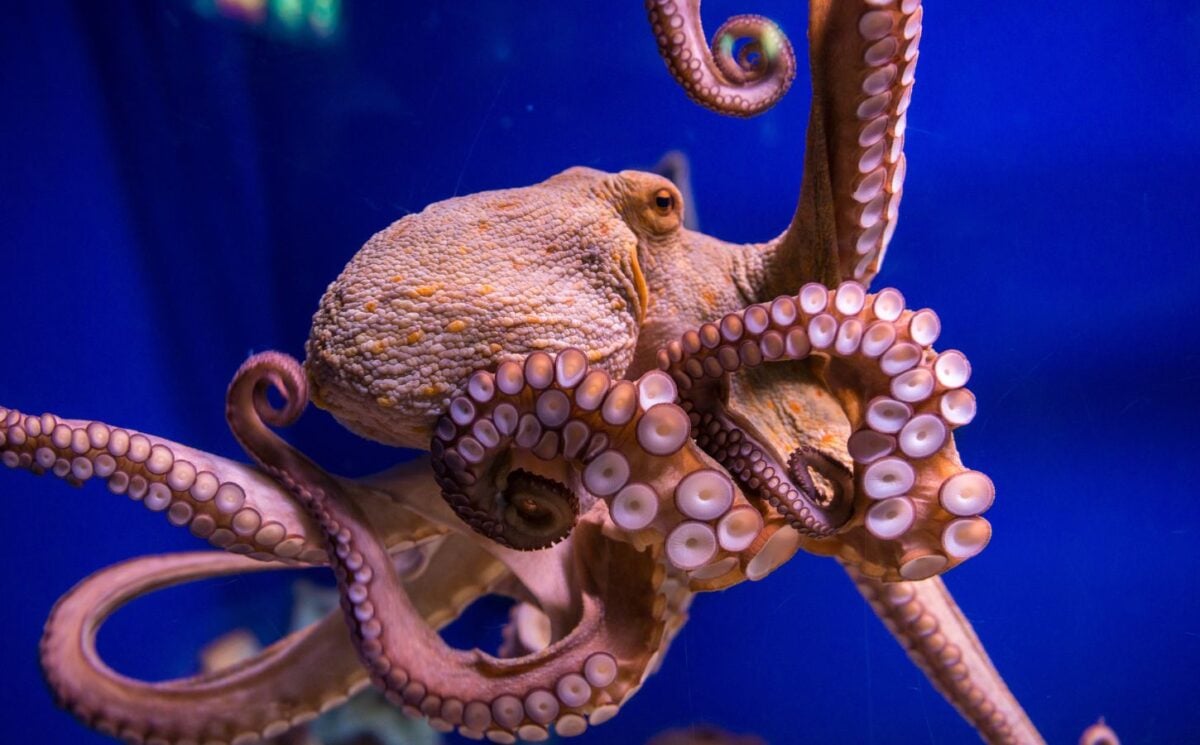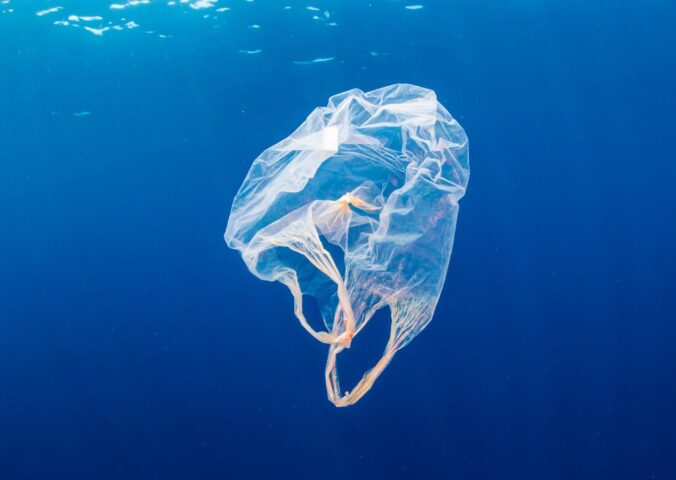A new report by Compassion in World Farming (CIWF) has highlighted what it calls the “growing threat” of octopus farming and all “carnivorous aquaculture.”
The report explains how octopus farming negatively impacts already overexploited wild fish stocks. CIWF simultaneously released undercover footage showing the industry’s proposed slaughter method for octopuses, which is drawn-out and painful.
Read more: Animal Farming Is ‘World’s Biggest Cause Of Food Waste,’ Says Report
CIWF published the report to coincide with World Octopus Day 2025. The insight into octopus farming comes shortly after the Spanish company Nueva Pescanova resubmitted its controversial application to open the world’s first octopus farm.
The government of the Canary Islands rejected the seafood multinational’s first application in 2024 due to its crude initial environmental impact assessment. The authorities noted at the time that the proposed octopus farm presented a “significantly high” risk to local marine life, water, and air.
CIWF’s undercover footage, published alongside the new report, depicts the slaughter method proposed by Nueva Pescanova. The clip shows wild-caught octopuses submerged in ice water and experiencing a painful death over more than 10 minutes. It also shows the animals moving after workers stab them with a blade.
Nueva Pescanova’s farm, if successful, would raise and kill one million octopuses per year. Octopus meat remains popular in Spain, but a 2024 legislative proposal that aimed to ban octopus farming is due to be debated by the government later this year.
CIWF has predicted that European carnivorous aquaculture will grow by 30 percent by 2040, with demand for wild-caught fish increasing by 70 percent in tandem. The EU has added 78 new farmed species since 1985, most of which require animal-based feeds made from wild-caught fish.
Read more: Researchers Find Meat From ‘Critically Endangered’ Sharks For Sale In The US
Octopuses are ‘highly intelligent, curious, problem-solving animals’

The scientific consensus suggests octopuses are sentient animals, and the law recognizes them as such in the UK. An independent review of more than 300 studies published in 2021 found “very strong evidence of sentience,” which it went on to describe as “the capacity to have feelings, such as feelings of pain, pleasure, hunger, thirst, warmth, joy, comfort and excitement.”
The review added that sentience “is not simply the capacity to feel pain,” and said that “feelings of pain, distress or harm, broadly understood, have a special significance for animal welfare law.”
In 2024, the state of California banned octopus farming as well as all sales of farmed octopus. The legislation described the octopuses as “highly intelligent, curious, problem-solving animals,” and along with welfare concerns, also cited the danger to wild fish populations that carnivorous aquaculture’s inefficiency represents.
Read more: Scientists Capture Footage Of Octopuses And Fishes Hunting Cooperatively






